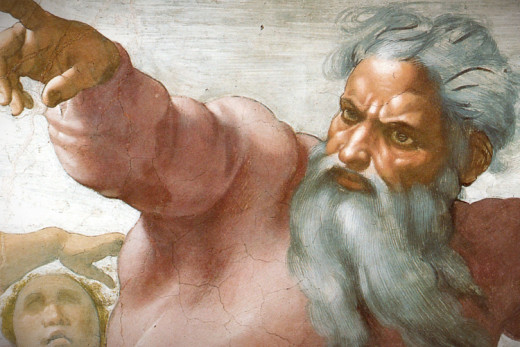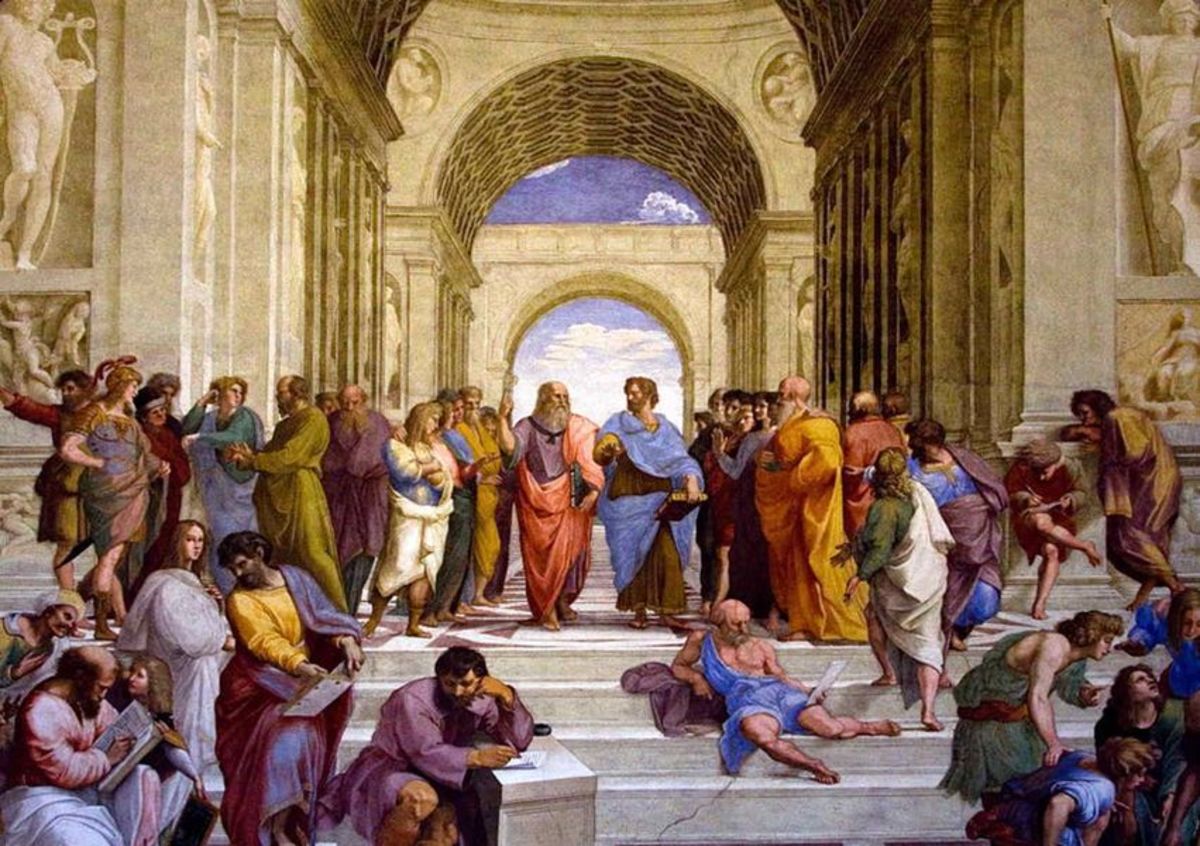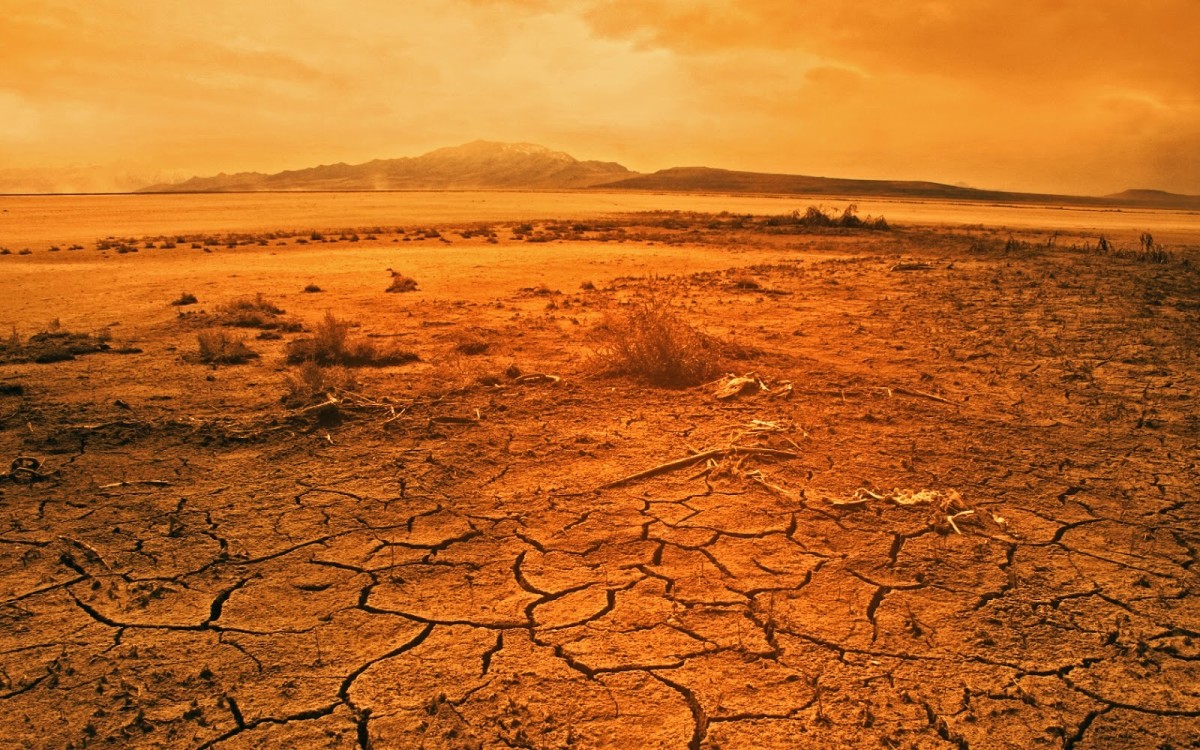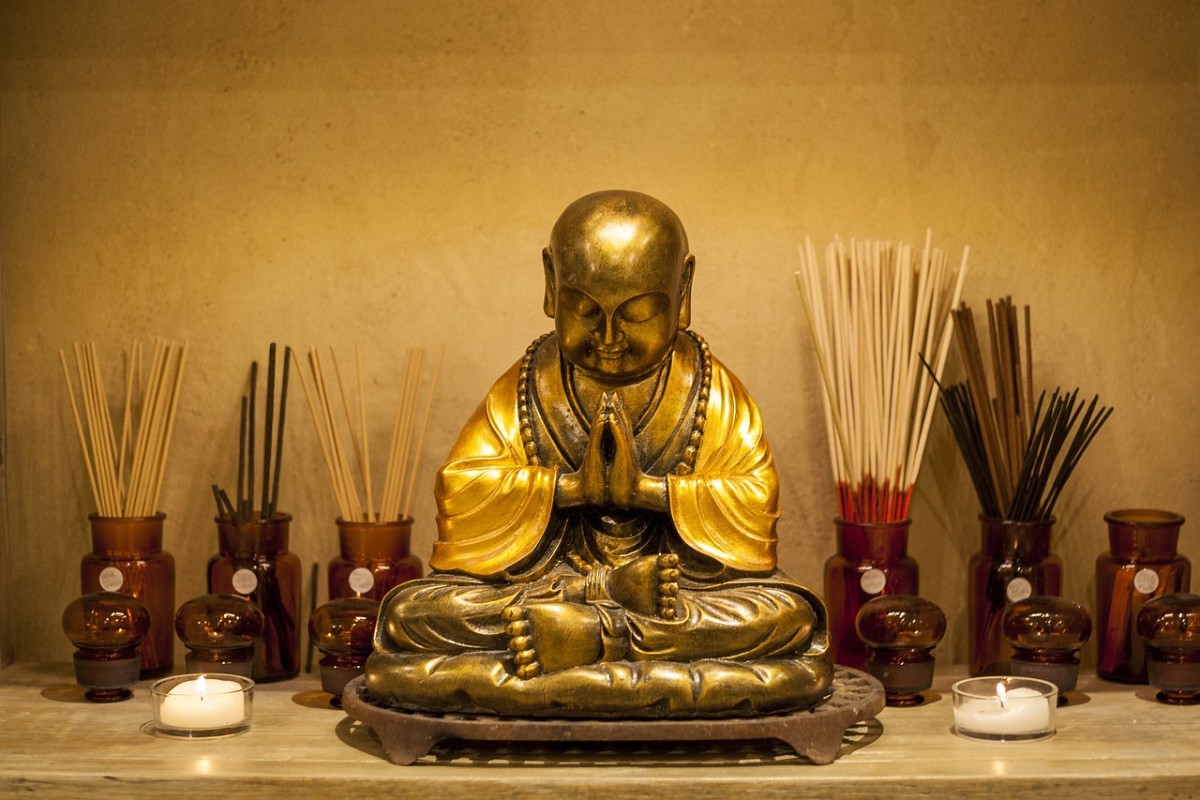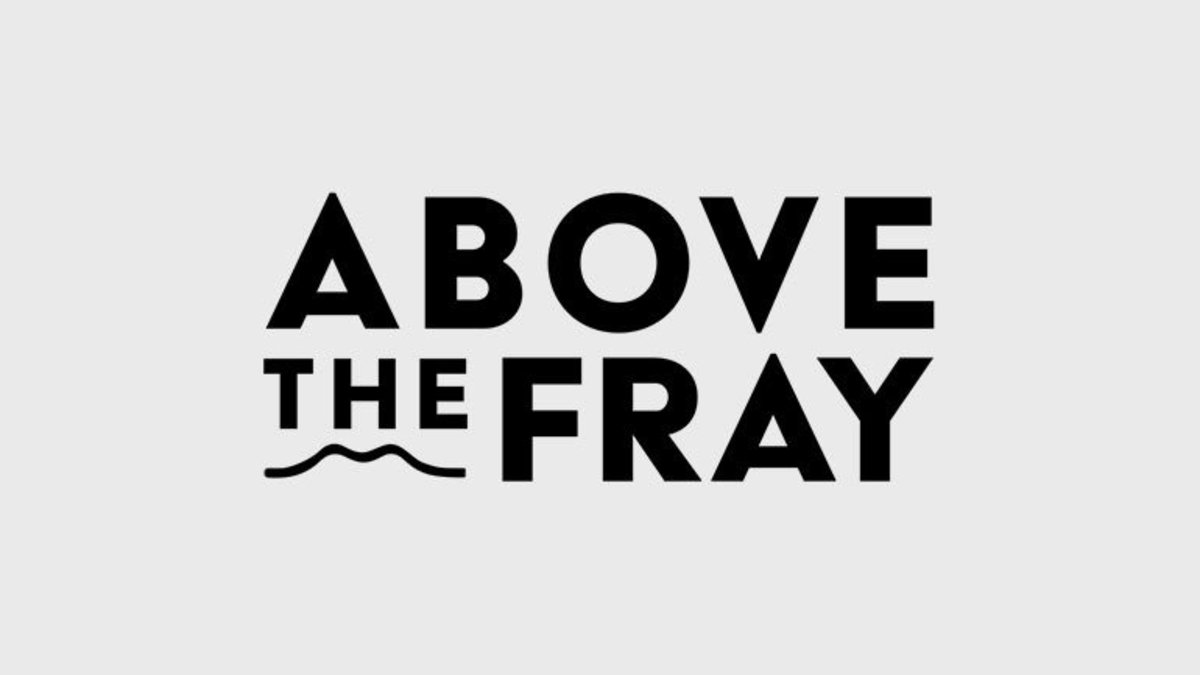Religion - A Necessity For Man?

The Debate
There's a debate among atheists and religious believers about whether or not God is an ameliorating factor for the human species or a source of mere antagonism. The antagonism is not really between atheists and the religious but among those who consider themselves religious to begin with. As we've seen most of the antagonism resides among those who believe in a single God but who dispute Christianity over Judaism and over the Islamic beliefs that came after. You don't see Hindus battling Buddhists (at least not on a global scale). The greatest conflicts we see today seem to be about the interpretation of a monotheistic god and his teachings.
Into this fray the atheists are nothing -- a drop in the ocean. Most scientists are atheists because they can comprehend a bigger (or if you will, entirely different) picture and place logic/reason above "belief." The atheistic but not necessarily non-spiritually minded think that science is the next step forward, but no one can put a time scale on this leap. I fear we will probably destroy ourselves before rationalism can get a foothold or even a toe-hold.

Man's Capacity
Man may be intrinsically evil, thoughtless or selfish, but at the root of it all, he is fearful, uneducated and incalculably cruel. This doesn't bode well when "beligerant" countries start to possess nuclear weapons.
Countries at war always seem to think that God is on their side. Even the Germans during WWII thought this. They could not conceive how a master race could be defeated in a noble cause.
Wasn't it Marx who said that religion was the opium of the masses?
I sense that the "masses" require some kind of overriding ordinance, something to give them a sense of guidance, purpose and meaning. It may be a kind of opium, but if the construct helps the civilization, shouldn't everyone just turn a blind eye?
Without various religious doctrines, without the fear of a judgmental god, the result could be complete anarchy. So in a very real sense, religion is (and has been) a kind of secondary government for a very long time. Prior to democratization, religion was the only government.

The Insufficiency of Social Government
Social government isn't sufficient.
Without a "moral compass" could men bear the thought of being utterly free without reverting to some kind of destructive animal instinct? I think that in this point in our development (if we are in fact developing -- and I hope we are), the answer would be that barbarism might return and we'd all be worse off. Do religious detractors serve mankind a thoughtful purpose by depriving the masses of the very thing that keeps their collective psyche intact? If believing in God gives someone hope and solace, why deprive them of that? The counter-argument might be that such an individual can be enlightened (re-educated?) to believe that we must take full responsibility upon ourselves for whatever moral direction the species may take. The argument is logical -- but by being based on logic, is man ready to take on this gigantic responsibility?
Some are willing to deconstruct the Christian Jesus as a historic being (for example), but is that wise? A few individuals find it necessary to invalidate the existence of Jesus as if this were going to sling the entire civilization into their own kind of non-religious but benign, altruistic view of the world. Naturally, the effort creates a lot of antagonism and resentment. This would be expected. All change seems to be preceded by antagonism and resentment, but that doesn't discredit the effort -- if it is worth doing. Atheism has been with us for quite a long while and not gotten very far. I'm not disputing that it (atheism) may be the next big leap forward in the consciousness of mankind, but is such a huge adjustment actually attainable and is it advantageous? Can the average, uneducated man function without a firmly established and rigorously upheld moral base -- even if his beliefs are based upon nothing but wishful thinking?
There has been a steady decline in Catholicism. This is a statistic. Are these one-time Catholics bleeding off into other churches or are they becoming secular? I don't know of any study that has dug into this specific issue. If the flock is trending toward the more secular then we may be witnessing a quiet but steady trend away from dogma -- at least in this branch.
If the trend continues or increases, one might extrapolate that many people feel like they can live good, moral lives without the church.
Spirituality (for many) resides within them as a personal experience. They do not rely upon dogma to keep themselves afloat.
Christianity -- though it may be on the wane -- is mostly centered in the western, civilized part of the globe. The trend toward secularism may be an adjunct to modernism. But, what about the rest of the world?
